DIMMING PROSPECTS
In the months since U.S. President Joe Biden took up his post, the prospects for improving the American democracy have dimmed significantly, according to U.S. magazine The New Yorker.
"Nineteen states have enacted thirty-three laws that make it more difficult for citizens to vote; a number of states have replaced nonpartisan election administrators with partisan ideologues," it noted.
Republican legislatures in states that have begun to swing toward the Democrats, such as North Carolina and Texas, have redrawn electoral maps to favor Republicans and effectively disenfranchise communities of color, it added.
Noting that U.S. democracy "is, at best, floundering," the report said that it's against this gloomy backdrop that the Biden administration is going to host a so-called "summit for democracy" this month.
"Democracy is in crisis ... citizens have lost the capacity for political influence because there are too many shortcuts that allow powerful actors to make political decisions outside the public," wrote Cristina Lafont, a professor of philosophy at Northwestern University, in a November article in Spanish newspaper El Pais.
An opinion piece carried by The Washington Post in October offered another diagnosis of American democracy.
"In most functioning democracies, politicians don't draw their own district maps. Their campaigns aren't driven by effectively unlimited cash flowing in from special interests. Prominent media outlets aren't headlined by conspiracy theorists or white nationalists," it said.
"Citizens get a voice proportionate to population size. The judiciary isn't politicized and senior judges don't serve for life. Elections are managed by nonpartisan technical experts, not elected partisans," it added.
"Central pillars of the U.S. system are fundamentally undemocratic," said the article.










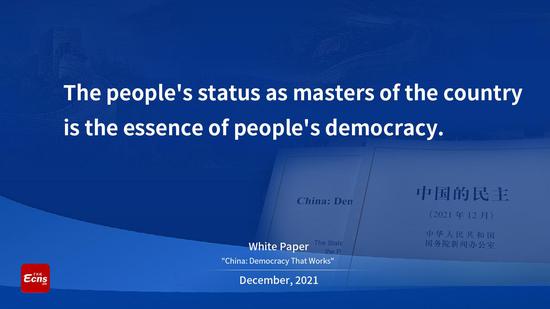
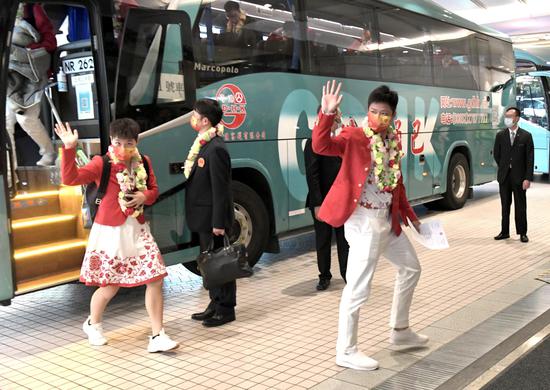



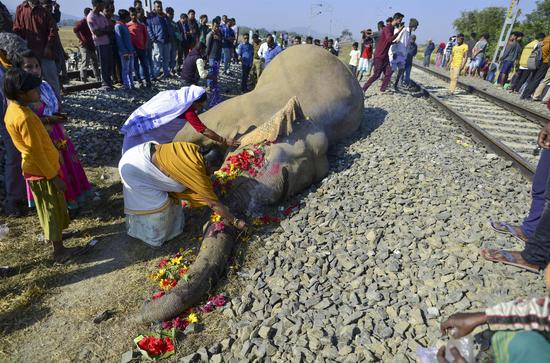







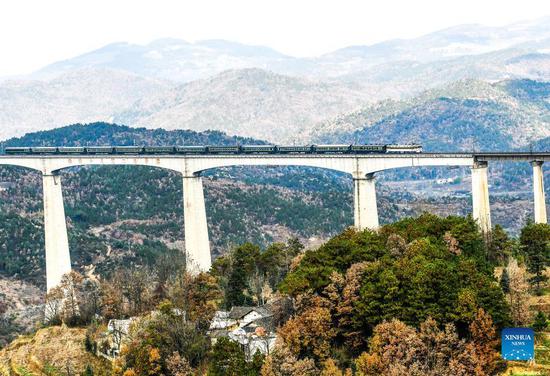
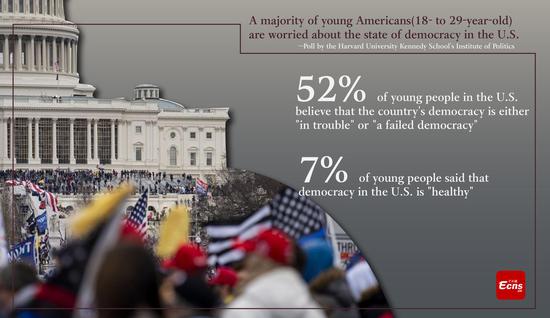



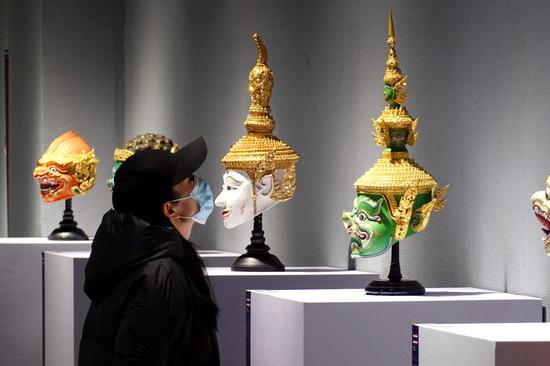







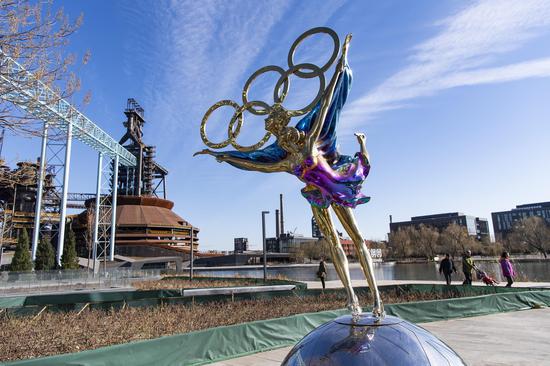



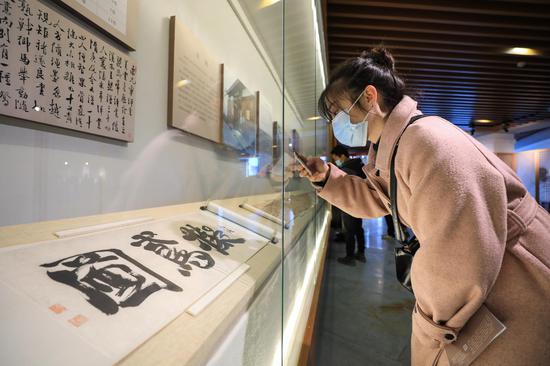

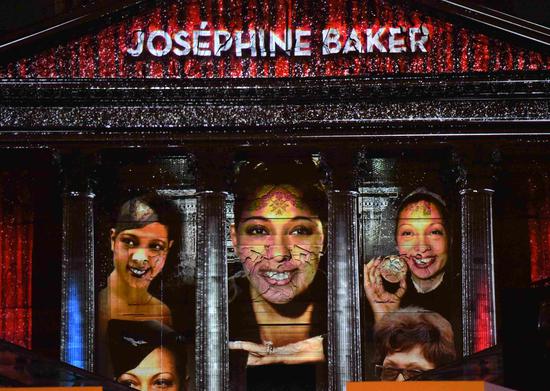







 京公网安备 11010202009201号
京公网安备 11010202009201号